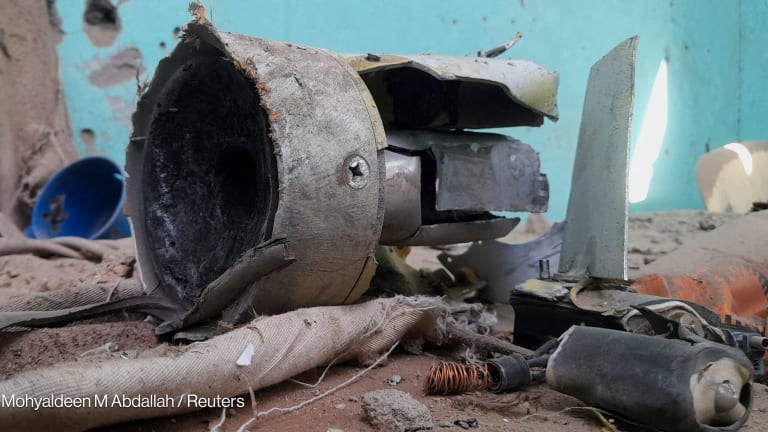U.S. Secretary of State Hillary Clinton said March 17 the blood of the victims in Darfur is on the hands of Sudanese President Omar Hassan al-Bashir, blaming him for "every single death" that occurs as a result of last week's expulsion of aid groups. An unfazed al-Bashir, meanwhile, visited Darfur to proclaim his untouchability and complain that the West was trying to sow Iraq-style chaos in Sudan.The situation in Darfur is perilous and getting worse, and the time for words has long since passed. But Clinton did touch on a key question: What kind of pressure can be brought to bear on President al-Bashir and the government in Khartoum?In an interview with Devex this week, Rebecca Hamilton, Open Society Institute fellow and former prosecutor's assistant at the Hague, warned against letting al-Bashir distort the aid expulsion debate."They should not buy into the way Khartoum is trying to frame it, as linked to the arrest warrant," said Hamilton, who's working on a book about Darfur advocacy. "Those humanitarians need to get back in just because they need to get back in, because there are lives at risk – it's independent of any other issue."She also warned of being West-centric."The U.S. is not the government with the most leverage over Khartoum," said Hamilton. "Far more significant to this particular equation are the Arab League, African Union, and China. Until advocates work out how to push these other actors, the prospects for Darfur remain poor."Indeed, the international community must continue to prod China, which has so far offered little more than platitudes and embrace Africa, which is mostly untried. Countries like Rwanda, South Africa and Nigeria have contributed troops to the United Nations-African Union Mission, or UNAMID, in Sudan, but have had minimal input. Such contributions belie al-Bashir's neocolonial bluster, and should be highlighted. Further, at a forum on Darfur at the U.S. Institutes of Peace this week, RFK Human Rights Award winners Dr. Mohammed Abdallah and Delphine Djiraibe advocated a regional approach that would involve the normalization of relations between Sudan and Chad, bringing all parties to the negotiating table and endowing the U.N.-AU mission with political capabilities.There could be "no sustainable peace," they said, without a regional approach that "cuts to the root of the problem."The U.S. has begun peacocking on Darfur – with Clinton and U.N. Ambassador Susan Rice speaking out, President Barack Obama meeting with U.N. Secretary-General Ban Ki-moon, and the choice of retired Air Force Maj. Gen. J. Scott Gration as special envoy to Sudan March 18 – but has little to show for it.Let's hope Gration is considering all his options, and getting ready to act.
Printing articles to share with others is a breach of our terms and conditions and copyright policy. Please use the sharing options on the left side of the article. Devex Pro members may share up to 10 articles per month using the Pro share tool ( ).








